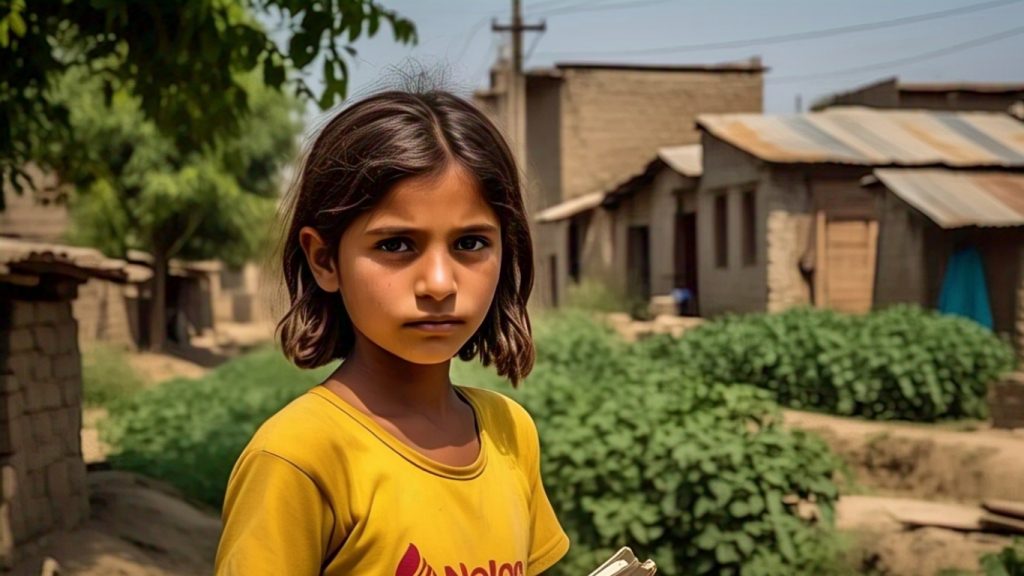Pakistan is intensifying its efforts to address deep-rooted issues of poverty, privilege, and the digital divide, recognizing that sustainable growth depends on equitable access and opportunity for all citizens.
Nearly 45% of the population now lives below the poverty line, with 16.5% in extreme poverty, underscoring how economic shocks and natural disasters have increased hardship for millions. Experts stress that social protection programs, such as conditional cash transfers, are crucial to prevent further setbacks in vulnerable communities.
The digital divide remains a major barrier. While urban centres enjoy widespread connectivity, rural and disadvantaged urban areas suffer from limited internet access and affordable devices. Approximately 54% of Pakistanis lack internet access, with rural penetration as low as 20%, exacerbating gaps in education, economic opportunities, and healthcare delivery.
Analysts highlight that women and minority groups are disproportionately disadvantaged by policy and infrastructure gaps. Addressing these disparities requires targeted investments—expanding broadband, subsidizing digital devices and low-cost data packages, and delivering accessible online learning tools in local languages. Ensuring digital safety and literacy for women is equally vital to their economic empowerment.
Long-term success depends on combining physical infrastructure with training and digital literacy programs, especially in underserved regions. An inclusive digital expansion supports entrepreneurship, connects artisans to broader markets, and boosts job creation.
Bridging these divides also involves dismantling elite capture of resources. That includes reforming land access, subsidies, and capital distribution. An inclusive growth model requires the private sector and policymakers to prioritize equitable developmental policies, supported by international frameworks.
Through improved social safety nets, equitable digital access, and dismantling privilege, Pakistan can evolve from token growth to true inclusive development—empowering its youth, women, and marginalized communities to participate fully in the country’s economic future.



Comments (0)
No comments yet. Be the first to comment!
Leave a Comment